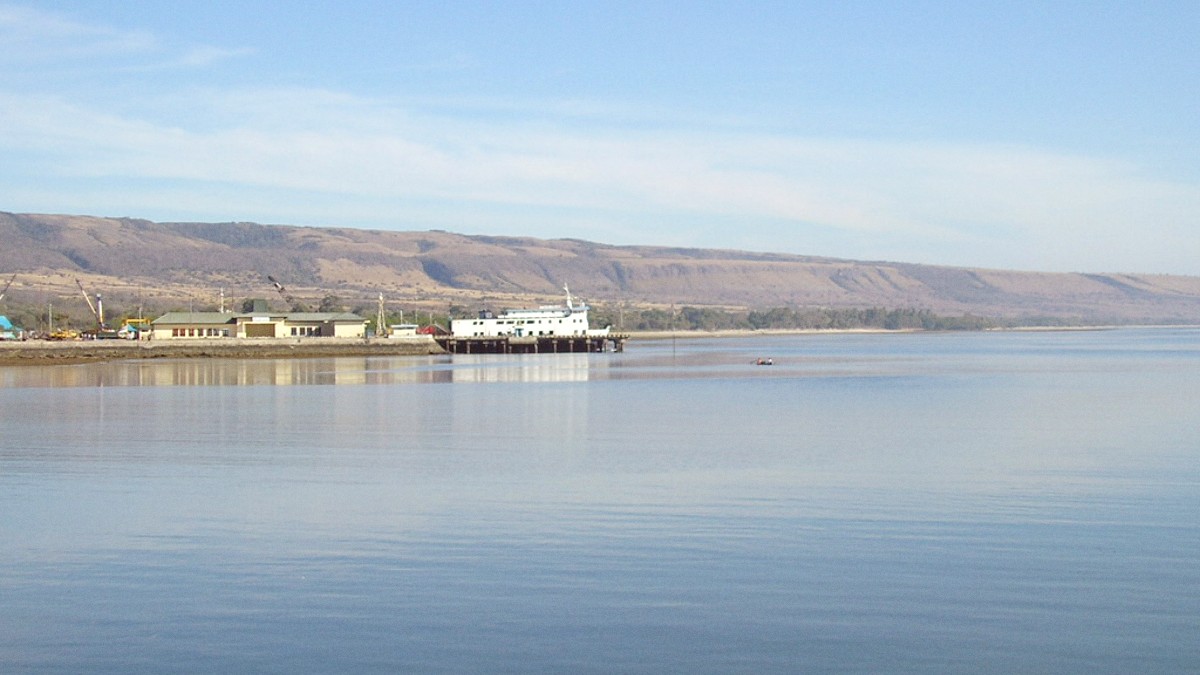
Nusa Tenggara, Indonesia
Sumba’s unique biodiversity and landscapes require protection. Support initiatives by local communities or NGOs focused on conservation.
Waste management infrastructure remains basic. Minimize single-use plastics. Carry out what you carry in.
Sumba faces water scarcity, especially during the long dry season. Be mindful of your water usage throughout your visit.
Reduce your environmental impact. Embrace responsible practices during your travel across the island.
Your travel choices support a healthier planet and local ecosystems. Seek out businesses committed to green practices.
Support accommodations and tour operators that demonstrate a commitment to environmental sustainability and local development.
Look for accommodations that implement waste reduction, conserve water and energy.
Support tour operators demonstrating commitment to environmental sustainability.
Protect Sumba's natural beauty. Minimize waste, conserve water, and support eco-friendly businesses to ensure a positive impact on the environment.
Approach interactions with an open mind and a respectful demeanor to honor Sumba's rich cultural traditions.
The Sumbanese actively preserve their unique Marapu culture, including traditional houses, ikat weaving, and megalithic rituals.
Engage with locals politely. A smile and simple Bahasa Indonesia phrases go a long way.
Beyond asking permission, be aware of private spaces and moments. Avoid demanding poses.
Megalithic tombs and traditional houses are sacred sites for the Marapu religion, not merely historical curiosities.
Be mindful of local Marapu beliefs and traditional practices. Your respectful conduct supports cultural continuity.
Do not touch people’s heads; it is considered sacred.
Avoid pointing with your feet, as it is disrespectful.
Refrain from public displays of affection, generally frowned upon.
Engage respectfully with communities. Always ask for photo permission, dress modestly, and honor local traditions, especially in sacred sites. Your respectful actions are truly valued.
Your travel choices directly support Sumba's local economy and communities.
Prioritize staying in locally-owned homestays within traditional villages. These directly support families and present cultural exchange.
When purchasing Sumbanese ikat textiles, buy directly from the weavers in traditional villages. This provides a fair price.
Eat at local warungs, buy goods from local markets, and hire local drivers and guides.
Avoid giving money or gifts directly to children. This inadvertently encourages begging and discourages school attendance.
If you wish to contribute, research and support established local NGOs or community development projects rather than giving random cash.
Local organizations foster sustainable community solutions.
Your accommodation might recommend reputable local initiatives.
Support efforts focused on education, health, or sustainable development.
Avoid giving money directly to children. Instead, support community projects or ethical tour operators like G Adventures, or contribute to conservation efforts via The Rainforest Site.
Your choices directly benefit Sumba's people. Choose local homestays, hire local guides, and buy products directly from artisans for a meaningful and positive contribution.